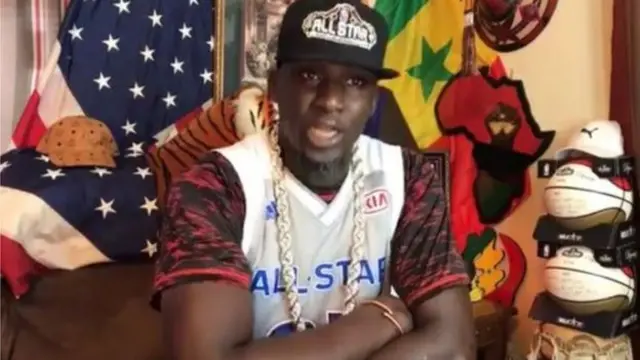
For more than four months, Senegalese activist Assane Diouf was held in Reubeuss Prison, denied provisional release despite multiple legal appeals.
Arrested in early March, Diouf’s detention became a focal point of national debate, with each court appearance reigniting discussions over the boundaries of free expression and the rigidity of Senegal’s criminal justice system.
The long pre-trial detention was seen by some observers as a display of judicial firmness — and, to others, an implicit warning to outspoken critics. His case drew sustained media attention, reflecting wider tensions between activist voices and state institutions.
Verdict brings immediate release
On August 7, 2025, the court delivered its decision, finding Diouf guilty of disseminating false news and making statements deemed contrary to public morality.
However, he was acquitted of the more politically sensitive charge of insulting a public authority — a count that specifically named Prime Minister Ousmane Sonko.
The court sentenced him to four months in prison, precisely matching the time he had already served in detention. This meant Diouf would not spend an extra day behind bars, securing his immediate release.
Analysts viewed the ruling as a careful middle ground — confirming certain offenses while avoiding a punishment that might inflame public tensions. The justice system appeared to recognise time served as sufficient reparation, while underscoring that certain forms of public speech still carry legal risks.
A wider struggle over speech
Diouf’s legal history is marked by repeated clashes with the authorities over his blunt and often confrontational public statements. This latest prosecution, touching on matters at the highest level of government, was seen as emblematic of the increasingly fine line between provocative activism and criminal conduct in Senegal.
The case comes amid broader state efforts to regulate public discourse, particularly on social media, where political criticism is both rapid and far-reaching. While Senegal’s laws protect free expression, authorities have shown less tolerance when such expression is perceived to damage the reputation of key political figures.
For many, the trial leaves one enduring question: in the country’s evolving political climate, how far can dissent go before it crosses the line into punishable offense?



